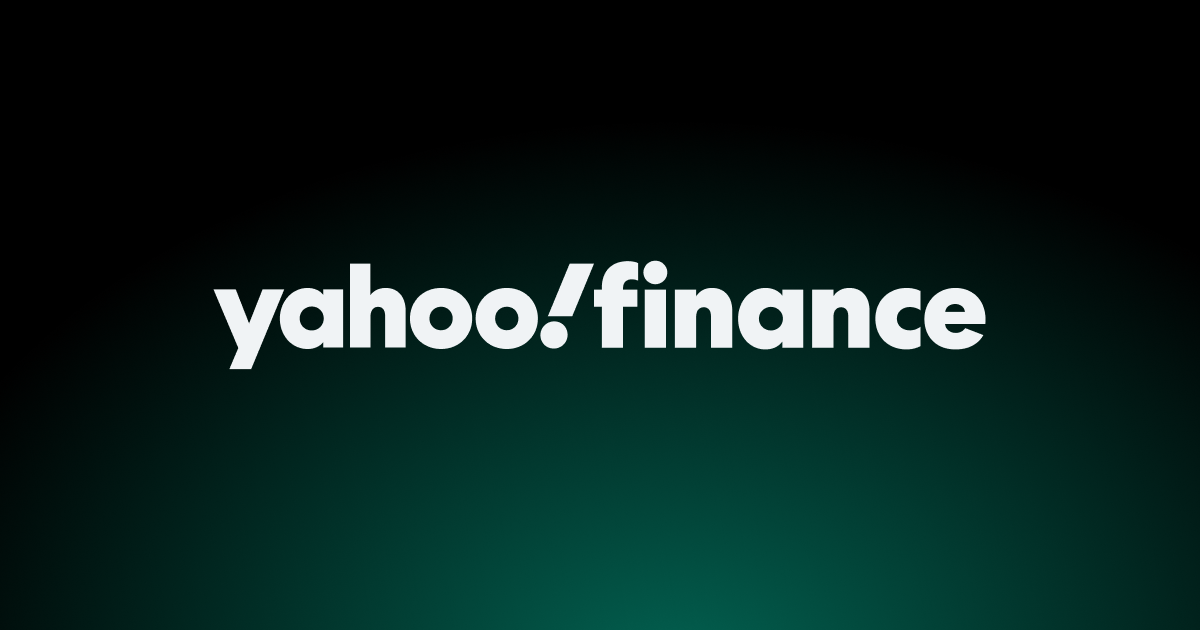Indeed Canada’s latest data show holiday job postings running about 12 per cent higher than last year — a modest rebound but still well below pre-pandemic levels. (Nick Lachance/Toronto Star via Getty Images) · Nick Lachance via Getty Images
Canada’s job market keeps defying expectations, but not in any single direction. Retailers are hiring again for the holidays and consumers are still spending, yet small-business confidence has sunk to some of the lowest levels since the pandemic.
The mixed signals — which come alongside months of erratic swings in national jobs data — come down to one thing both economists and business owners agree on: uncertainty.
“That’s what uncertainty does,” said Canadian Federation of Independent Business (CFIB) economist Andreea Bourgeois. “It makes everything have a question mark next to it.”
Indeed Canada’s latest data show holiday job postings running about 12 per cent higher than last year — a modest rebound after two sluggish seasons, but still well below pre-pandemic levels. Most of the openings are in retail and customer-service roles, reflecting a consumer economy that remains surprisingly steady.
Bourgeois told Yahoo Finance Canada the October survey data are the most relevant for assessing holiday hiring plans, and they show retailer optimism near 42 on its monthly barometer — a level Bourgeois calls “statistically pessimistic.” She says many small retailers are hiring “very timidly,” often adding hours to existing staff rather than new headcount — a sign businesses are “doing what they can with the people they have” to keep pace with consumers who are still, for now, spending.
The bump in Indeed Canada’s seasonal postings could be due in part to that surprising resilience in consumer spending, says Brendon Bernard, the job platform’s senior economist. How long that lasts is, however, less clear. CIBC economist Benjamin Tal says households have been drawing down savings to maintain their spending power even as borrowing costs stay high. “Consumption in Canada surprised on the upside,” he told Yahoo Finance Canada recently. “It was financed by a lower savings rate, therefore unsustainable.” CIBC’s recent report notes that “pressure is quietly building at the edges of the market,” particularly for non-mortgage holders and lower-credit borrowers.
A lot of the economy actually slows down its hiring toward the end of the year.Brendon Bernard, Indeed Canada
It’s a fragile arrangement: consumers are propping up retailers, and retailers are stretching to meet demand without the confidence to expand. Bernard says this year’s increase in holiday job postings is just “a partial bounce-back” from declines in 2023 and 2024. Postings are concentrated in retail and customer-service roles rather than full-time positions.
Bernard and Bourgeois both describe the broader Canadian job market as being splintered into dozens of smaller stories. Bernard says the modest rebound in holiday hiring represents just “one corner” of a deeply uneven economy. “A lot of the economy actually slows down its hiring towards the end of the year,” he noted. Bourgeois says optimism among tariff-exposed sectors such as manufacturing and transportation has been “abysmal,” while service-oriented sectors like health, education and personal services are “still coasting.” She notes that in March, when fear over new tariffs peaked, overall optimism fell to an index level of just 25 — “worse than the pandemic.” Retail optimism has since climbed, but remains well below 50.
The contrast reflects a wider patchwork: businesses hit by tariffs, still-high borrowing costs or slower investment are laying low, while businesses tied to everyday spending are still moving, if cautiously.
The contradictory signals in hiring and confidence echo the turbulence in Canada’s economic data. Several economists have described recent Labour Force Survey data as “wild”; Bernard notes that it has been “really volatile,” with monthly job changes swinging widely and the full-time/part-time split “also volatile.”
Bourgeois says the same instability now shows up in her own survey results. Indicators that once moved by one or two points a month now swing by four to six. She calls it a statistical reflection of an economy still struggling to find direction.
For now, consumer demand is keeping some parts of the labour market from stalling, but both Bernard and Bourgeois describe a fragile balance. Bernard says he hasn’t seen evidence of a major shift coming in 2026, only a continuation of the same hesitant growth.
Bourgeois hears the same mix of fatigue and perseverance from small-business owners. The CFIB recently asked its members to describe their year in a word or short sentence, she says. “They didn’t say the year was great, obviously, but they didn’t say the year was bad either. So, I was impressed by how resilient these small businesses were.”
John MacFarlane is a senior reporter at Yahoo Finance Canada. Follow him on X @jmacf.
Download the Yahoo Finance app, available for Apple and Android.
